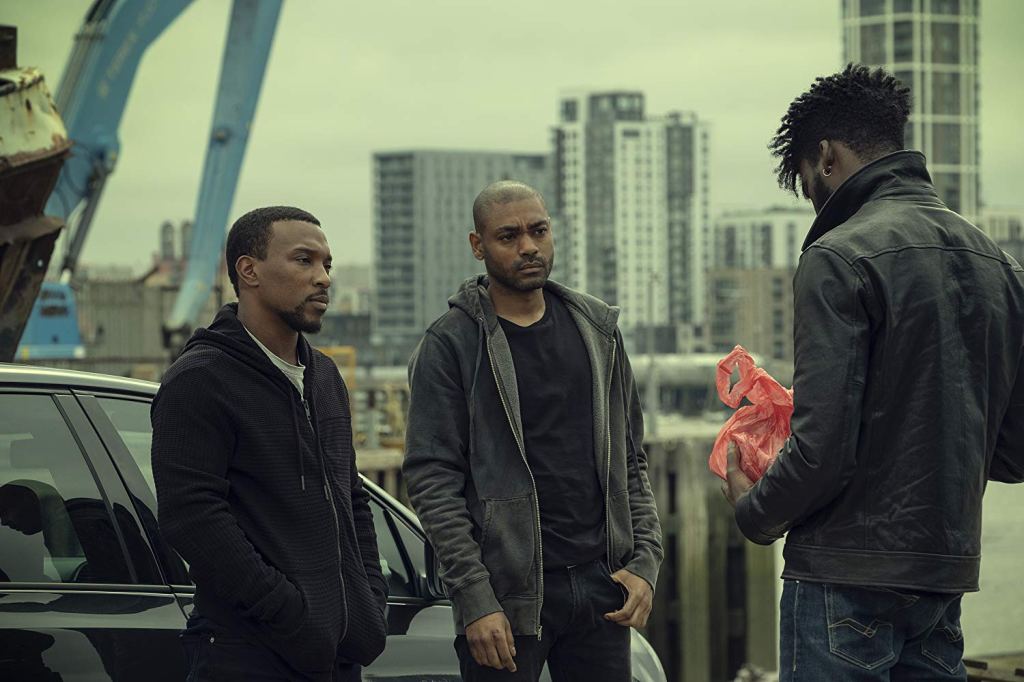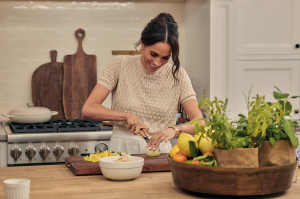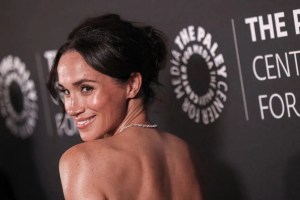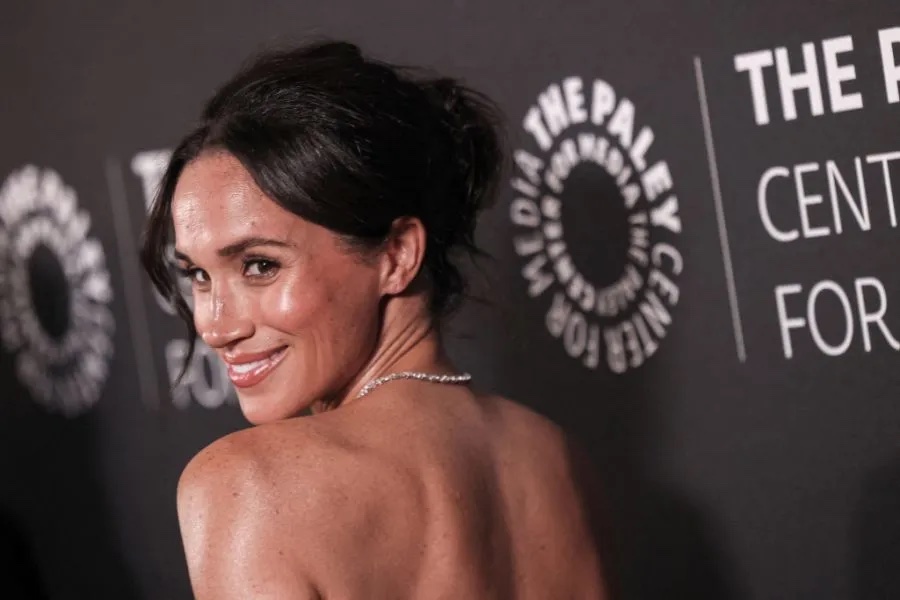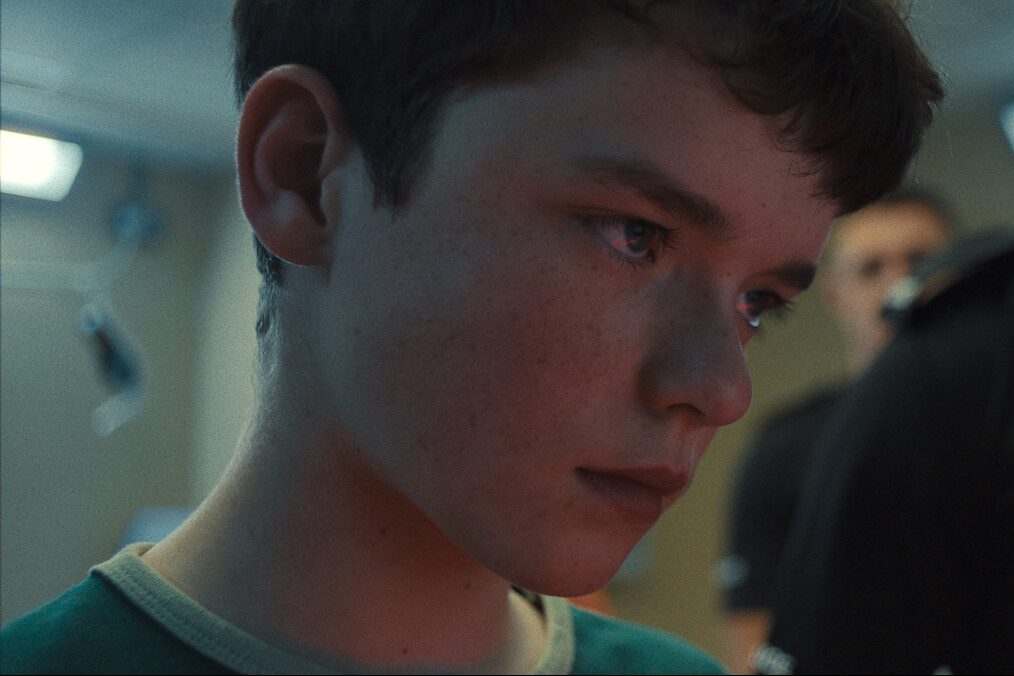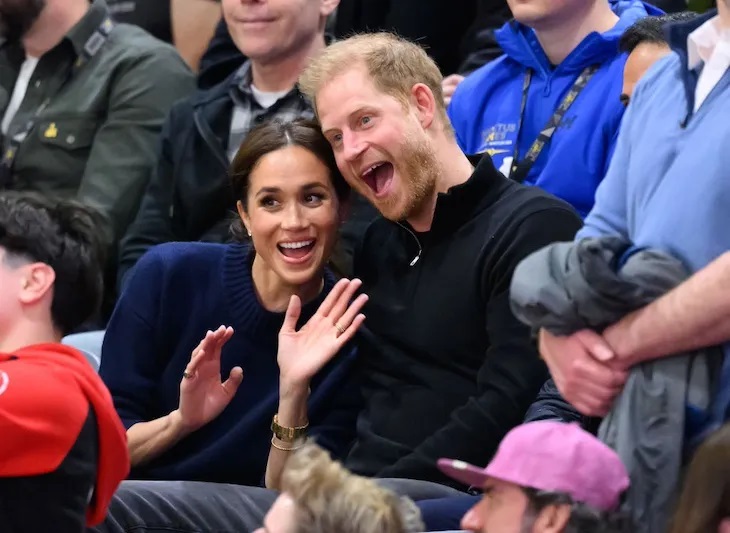This article is in
The Spectator’s November 2019 US edition. Subscribe here.
I couldn’t stand The Wire. Everyone mumbled unintelligibly, the pace — inexcusably in a series about drugs and violence — was often glacially slow, and I found some of its characterization too transparent, like, ‘Ooh, I know. We’ll make the wise old black guy have the unlikely hobby that he repairs dolls’ houses, so that viewers will appreciate the nuance and hinterland.’
Top Boy (new on Netflix), on the other hand, is pacy, plausible and deliciously ruthless. It’s like The Wire, relocated to London with a much cooler soundtrack and with all the boring bits removed. One thing absent, for example, are the white authorities, who only pop up now and again as an unwelcome irritation (bent prison guards; unsympathetic immigration staff; meddling ‘feds’). This gives Top Boy a focus lacking in The Wire, where your sympathies are torn between the police and the kids in the projects. This is an immersion in black gangland culture where you see everything from the gangsters’ perspective, even to the point where you find yourself applauding their extreme but often brutally logical kill-or-be-killed violence.
Creator and writer Ronan Bennett knows whereof he writes. As a 19-year-old member of the terrorist IRA, he was convicted of the murder of a policeman. The conviction was later quashed as ‘unsafe’, but not before he’d served time in prison. Though Bennett has written plenty of dramas before, this is the first I’ve noticed where he hasn’t surrendered to the forces of political correctness so prevalent in British TV. This was true even when Top Boy had two series on the niche UK terrestrial Channel 4 before an intervention by Canadian rapper, super-fan and co-executive-producer Drake brought it to Netflix with a bigger budget. My theory is that the PC commissars who infest UK TV got so excited about having an inner city drama full of fantastic, rounded casting opportunities for a plethora of BAME — Black, Asian and Minority Ethnic — talent that they forgot to ruin the script with the usual bien-pensant pieties.
Our heroes may be ‘nice’ on occasion — Jamie (Michael Ward) is devoted to his family and dutifully attends parents’ evenings at his youngest sibling’s school — but at bottom they are all ruthless killers who make their living selling drugs. At no point does the script pop up like some social worker or angsty New York Times editorial to question these contradictory impulses, let alone to blame ‘society’ or the Gubmint for the injustice of it all. It’s just the way things are.
In London right now we’re experiencing what has been billed as an ‘epidemic’ of knife crime. Numerous young, mostly BAME men are stabbed to death, with the police apparently powerless to stop it. Top Boy offers a timely perspective by showing how and why drug turf wars happen. One gang disses another; the dissed gang must take revenge. Violence begets more violence, occasionally spilling out into civilian collateral damage, like the chaotic and entirely realistic scene where one bloodied gang seeks treatment in hospital only to find their wounded rivals already there, so the fight begins anew.
Bennett has cleverly found the human story in all this cold-eyed brutality. As with all the best gangster dramas, from The Godfather and The Sopranos to my current favorite Gomorrah, it’s all about power, about who’s going to be boss or, in this case, ‘top boy’. Will it be young pretender Jamie? Will it be the old lags from the earlier series, Dushane (Ashley Walters) or his frenemy Sully (Kane ‘Kano’ Robinson) who have now returned to the changed streets of London, one from exile in Jamaica, one from prison, to try to wrest back control?
Whatever happens, I’m sure it will all be shocking, delightfully violent and continually surprising. What I love about this series, apart from the superb acting and virtually incomprehensible ‘Jafaican’ patois (‘mandem’ means gang, by the way; ‘fam’ is a term of affection short for ‘family’), is that it never goes for the obvious.
At the end of episode one, for example, there’s a scene that totally obliterates what you imagined was going to be a subplot that would have lasted several episodes. And I loved the scene where Dushane returns to his east London hood, finds that it has gentrified in his absence and tries to order a coffee in a hipster café. The barista spends ages outlining the origins of the beans and making the coffee just so. It would have been so easy to have Dushane blowing his top and getting ultraviolent. He doesn’t. He just seethes quietly till, eventually, he gets his coffee and walks out into the street.
Anyone who doesn’t love this brilliant series is a bumboclaat. That’s Jamaican slang for something very rude, though I’m not quite sure what.
This article is in The Spectator’s November 2019 US edition. Subscribe here.



